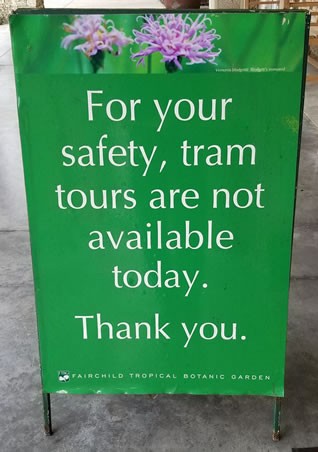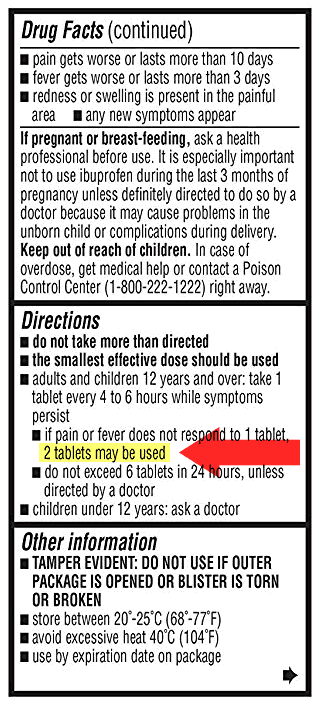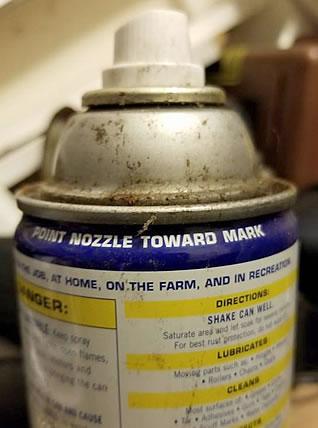Are Your Messages Missing the Mark?
Are your messages missing the mark? Are your stories clear and accurate or are your meanings lost in translation? The storyteller’s challenge is to convert abstract and intangible ideas, experiences, emotions, and memories into sounds or characters on a page so other people can understand that message in a meaningful and accurate way. But many words have multiple meanings. Text-only messaging lacks the facial expressions, hand gestures, and vocal inflections that help communicate passion, urgency, sincerity, seriousness, and sarcasm.
The world is full of unintended stories. Here are some messages that can be interpreted in fun ways their authors never intended:
 I visited Fairchild Tropical Gardens—one of my favorite attractions in South Florida—the other day. I saw this sign and got a chuckle out of it.
I visited Fairchild Tropical Gardens—one of my favorite attractions in South Florida—the other day. I saw this sign and got a chuckle out of it.
For my safety? Hmm. I see you printed a custom sign so the tram must be dangerous quite often. What is it you’re trying to protect me from? If your concern is for my safety, this can’t be a maintenance or staffing problem. Were visitors aboard the tram the last time you determined it was a safety hazard? Have there been casualties? When will you fix that spontaneous combustion problem?
Probably, the author of this sign grabbed a generic excuse with the intention of assuring prospective passengers that tram service was suspended because of the organization’s concern for their wellbeing. It’s intended to say, “We care about you,” though it can be misread as, “Our tram is frequently hazardous.” I doubt many people will misinterpret the sign as severely as I did in the preceding paragraph, but it is a bit of a backfire.
 Later that day, because I’d hiked all over the gardens in the tropical sun, I found myself beset with a minor headache. In my medicine cabinet, I found a box of Ibuprofen. I looked up the dosage information, and a specific piece of information caught my eye.
Later that day, because I’d hiked all over the gardens in the tropical sun, I found myself beset with a minor headache. In my medicine cabinet, I found a box of Ibuprofen. I looked up the dosage information, and a specific piece of information caught my eye.
I’m so tempted to call their customer service line, feign deep concern, and ask them what this means.
Two tablets may be used? Yuck. Who used them and for what? All the tablets look identical. How can I tell which tablets are the used ones? And after they were used, how did you get them back? I feel more comfortable taking new, unused medication. Can you help me?
And there’s another story gag two lines under “2 tablets may be used.” Imagine a six-year-old child making a phone call to the family physician. “Yes … Doctor Jones? … Yes. I have headache and the directions on these pills say that anyone under twelve needs to ‘ask a doctor.’ I’m six. Do you know what I’m supposed to ask?”
 My headache soon disappeared and feeling better, I felt the urge to tinker with a few maintenance chores around the house. A number of my doors had gotten a bit “musical,” so I grabbed a can of WD-40 to lubricate the hinges with.
My headache soon disappeared and feeling better, I felt the urge to tinker with a few maintenance chores around the house. A number of my doors had gotten a bit “musical,” so I grabbed a can of WD-40 to lubricate the hinges with.
This struck me as a task I could easily do myself, but upon reading the label, I realized I’d need a helper. Fortunately, my friend Mark was available. I sure surprised him when I opened my front door to let him in.
Sometimes, unintended messages pop up entirely by accident. I was driving Mark home from our emergency eye doctor visit, and because I felt bad about the pain I’d caused when I’d sprayed him with WD-40, I thought I’d treat him to some pastries at a local “Ricky Bakery.”  But Hurricane Irma had roared through Miami only a month before. When I saw what the high winds had done to their signs, I thought better of eating at an “icky Bakery.” Mark assured me the food would be fine, but I knew better. “For your safety,” I said, “there will be no pastries today.”
But Hurricane Irma had roared through Miami only a month before. When I saw what the high winds had done to their signs, I thought better of eating at an “icky Bakery.” Mark assured me the food would be fine, but I knew better. “For your safety,” I said, “there will be no pastries today.”



The most offensive “convenient” excuse is “For your convenience.”
It always annoys me because what follows is usually for the writer’s convenience and barely veils an insult.
I had enough when I read a sign in a motel bathroom shortly after checking into my room. “For your convenience, the towels are counted.”
I defaced the sign. I crossed out “For your convenience” and sharpied in “Because we do not trust our guests.”